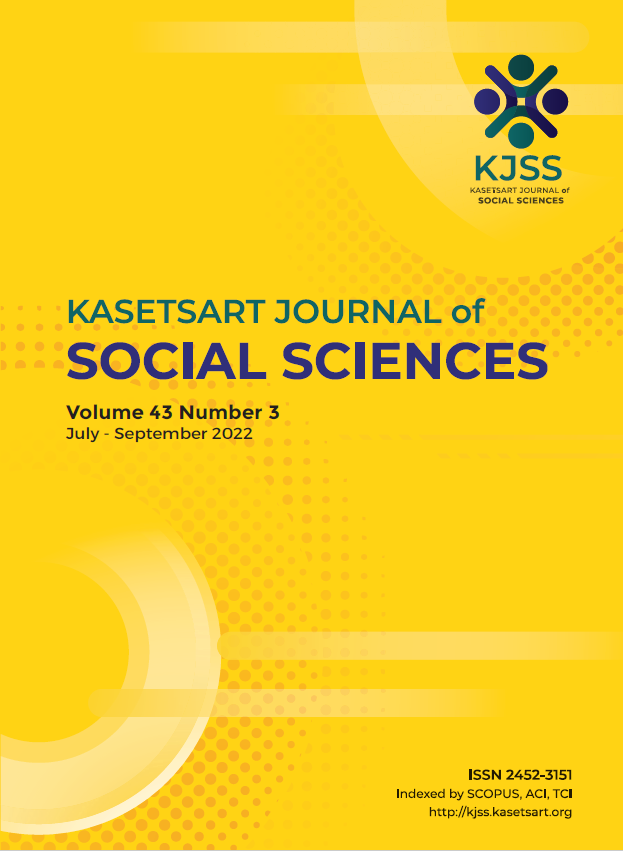The relationship of work–family conflict, job satisfaction and deviant workplace behavior in the Maldives’ public sector
Keywords:
job satisfaction, Maldives, public sector, work-family conflict, workplace deviant behaviorAbstract
This research investigated the relationship between work-family conflict (WFC), job satisfaction and deviant workplace behavior (DWB) in the context of the Maldives’ public sector. Furthermore, the moderating roles of family income and gender were also considered in these relationships. To represent the vastly dispersed population of the Maldives, a two-stage sample scheme was used. In the first stage, 11 regions were randomly selected and in the second stage, 200 public sector employees were proportionally selected from those 11 regions. In the initial phase, the reliability of the scale was tested and confirmatory factor analysis (CFA) of the measurement model was performed. To test direct, indirect and moderating effects, model 17 of the PROCESS macro was used. The results of the study revealed a strong positive relationship between WFC and DWB. Additionally, the roles of gender and family income in the direct relationship between WFC and DWB were significant. The effects of having high or low income were stronger for men than for women. Having a low income had a significant effect on the relationship between WFC and DWB, both among men and women.
Downloads
Published
How to Cite
Issue
Section
License

This work is licensed under a Creative Commons Attribution-NonCommercial-NoDerivatives 4.0 International License.
This is an open access article under the CC BY-NC-ND license http://creativecommons.org/licenses/by-nc-nd/4.0/










